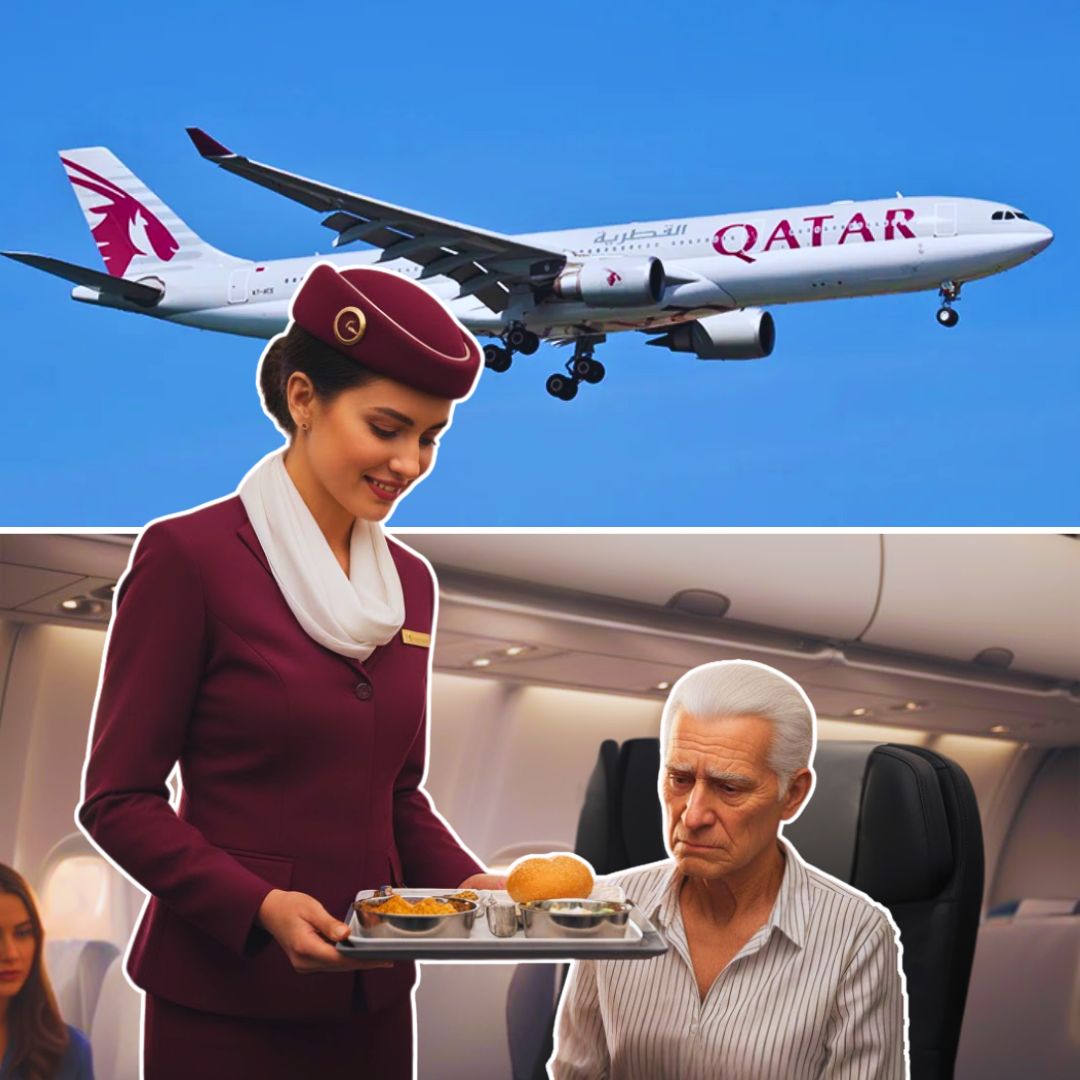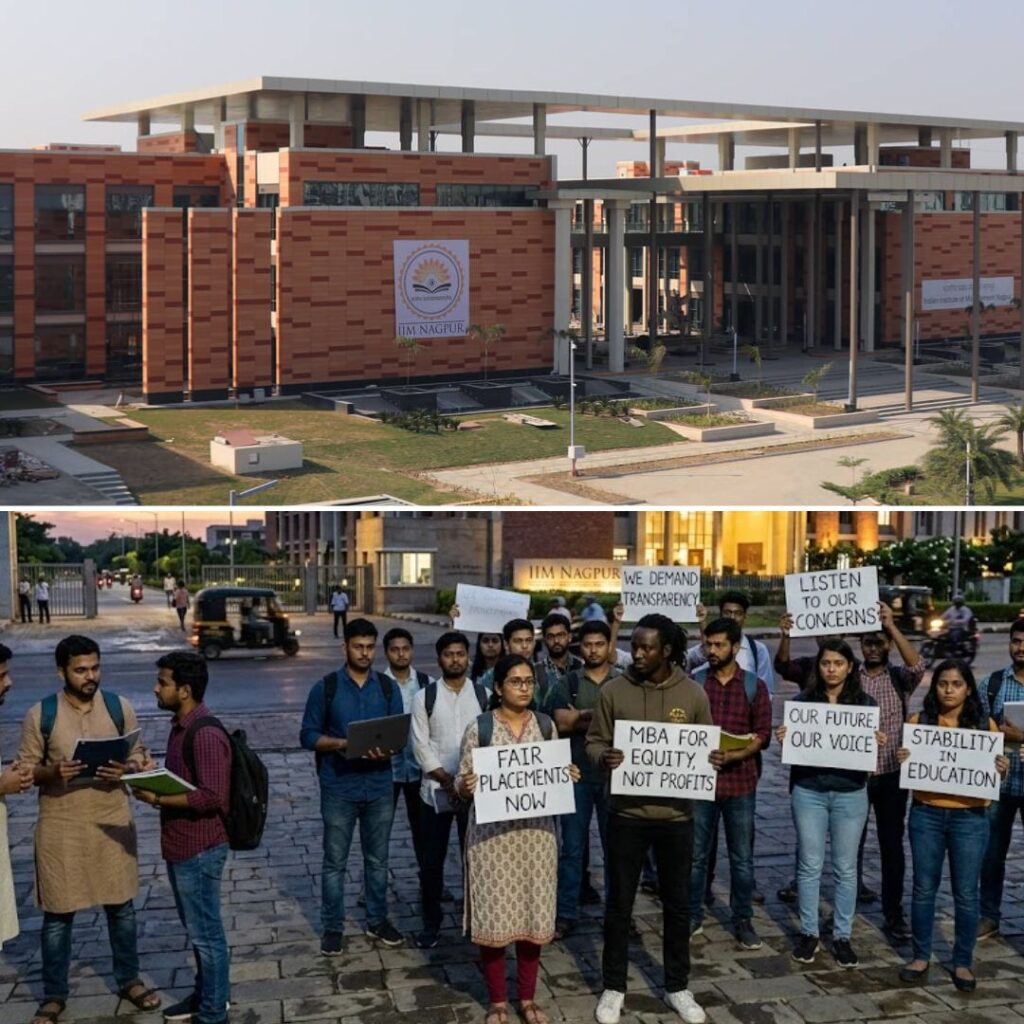Dr Asoka Jayaweera, an 85-year-old retired cardiologist and strict vegetarian, tragically passed away following a harrowing incident on a Qatar Airways flight from Los Angeles to Colombo on 30 June 2023. Despite having pre-ordered a vegetarian meal for the 15.5-hour flight, he was allegedly served a regular non-vegetarian meal by airline staff.
When told that no vegetarian meals were available and advised to “eat around” the meat, Dr Jayaweera choked while eating and subsequently lost consciousness. The plane, unable to make an emergency landing immediately, continued its journey until landing in Edinburgh, Scotland, where he was hospitalised and died two months later from aspiration pneumonia.
His family has since filed a wrongful death lawsuit against Qatar Airways, alleging negligence and failure to honour dietary requests. The case has sparked widespread discussion about airline responsibility and passenger rights, particularly concerning dietary needs and medical emergencies.
The Incident Explained
Dr Jayaweera’s death highlights the grave consequences that can arise from lapses in airline meal management and in-flight care. Despite clearly pre-ordering a vegetarian meal well ahead of his journey, he was given a standard non-vegetarian meal by cabin crew.
When Dr Jayaweera expressed concern, he was reportedly told that no vegetarian meals were available and was instructed to “eat around” the meat provided. The strict dietary restrictions he followed, rooted in both personal ethics and health considerations, made this response distressing and dangerous.
Witness accounts say he struggled visibly with the meal, and eventually began choking while attempting to avoid the meat. Cabin attendants sought medical advice through MedAire, a remote medical assistance provider for aviation emergencies. Despite these efforts, his oxygen levels dropped critically, and he lost consciousness on board. The airline explained that an immediate emergency landing was not possible due to the plane’s location over the Arctic Ocean.
The aircraft proceeded for eight more hours before landing in Edinburgh, where Dr Jayaweera was rushed to hospital but later succumbed to aspiration pneumonia on 3 August 2023. This chain of events underscores the critical need for precise adherence to passenger meal requests and prompt, decisive action in emergencies.
Legal Proceedings: Accountability Under Scrutiny
Following the tragedy, Dr Jayaweera’s family initiated a wrongful death lawsuit against Qatar Airways, demanding damages amounting to USD 128,821. The lawsuit alleges negligence on the part of the airline for failing to provide the vegetarian meal that had been ordered and for inadequate emergency response during the inflight medical crisis.
It also questions the decision not to divert the flight to the nearest suitable airport promptly. Dr Jayaweera’s son, Surya, has publicly criticised the airline’s handling of both the meal service and the medical emergency.
This legal action has brought to light broader concerns over airline responsibilities towards passengers with special dietary needs, particularly those whose health could be compromised by meal errors. It also throws into relief the obligations airlines hold in managing health emergencies on board, especially for elderly or vulnerable individuals. Qatar Airways has expressed its condolences and stated it is cooperating fully with ongoing investigations related to the incident.
Why Is The Case In News Today
The case of Dr Asoka Jayaweera is in the news today because his family’s wrongful death lawsuit against Qatar Airways has recently progressed in the U.S. legal system, drawing renewed public and media attention. Filed initially in California state court in July 2025, the lawsuit alleges that Qatar Airways was negligent in serving the 85-year-old retired cardiologist a non-vegetarian meal despite his pre-ordered vegetarian request on a June 2023 long-haul flight from Los Angeles to Colombo.
The complaint also accuses the airline of mishandling the resulting medical emergency when Dr Jayaweera began choking mid-flight and losing consciousness.
The flight crew reportedly contacted MedAire, a remote aviation medical advisory service, but decided against an emergency landing, citing the plane was over the Arctic Ocean. Dr Jayaweera’s son disputes this, saying the plane was over Wisconsin and could have diverted. The flight landed hours later in Edinburgh, where Dr Jayaweera died from aspiration pneumonia on August 3, 2023.
The lawsuit seeks damages exceeding $128,821 under the Montreal Convention, which governs airline liability internationally. As the lawsuit moves forward, it spotlights critical issues about airline duty of care, accuracy in special meal provision, and timely medical responses during flights. This legal development has reignited discussions on passenger safety and airline accountability, making it a major news focus.
Broader Implications: Passenger Rights and Airline Responsibilities
This deeply upsetting incident is a cautionary tale about the potentially severe consequences of overlooking or mishandling passenger dietary preferences. Airlines operate in increasingly multicultural contexts, where religious, ethical, and health-related dietary choices are diverse and must be respected carefully.
A failure to provide the requested meal can lead not only to discomfort or dissatisfaction but, as shown here, may precipitate serious health crises and even death.
In-flight medical emergencies require prompt, well-coordinated responses from cabin crew, including effective communication with medical professionals on the ground. The geographic constraints faced by the Qatar Airways flight illustrate the complexities involved, yet raise questions about the adequacy of contingency planning for such eventualities.
This incident also underscores the need for stronger regulations to enforce stringent standards in airline meal service and emergency protocols, alongside better training for crew members to sensitively manage passengers’ dietary and medical needs.
The Logical Indian’s Perspective
At The Logical Indian, this tragic event serves as a somber reminder of the intersection between service delivery and human dignity. The demand for vegetarian or other specialized meals is not just a preference but often an expression of deeply held values and medical necessities. Meeting these requirements is a matter of respect and responsibility.
The loss of Dr Jayaweera calls for the aviation industry to recommit to empathy, accountability, and stringent standards that prioritise passenger welfare above operational convenience. Airlines must develop foolproof systems that guarantee the availability and proper serving of special meals, while crew members should be trained to handle such situations calmly and compassionately.
Emergency response capabilities must be robust, with clear protocols to balance safety, health, and logistical challenges.













